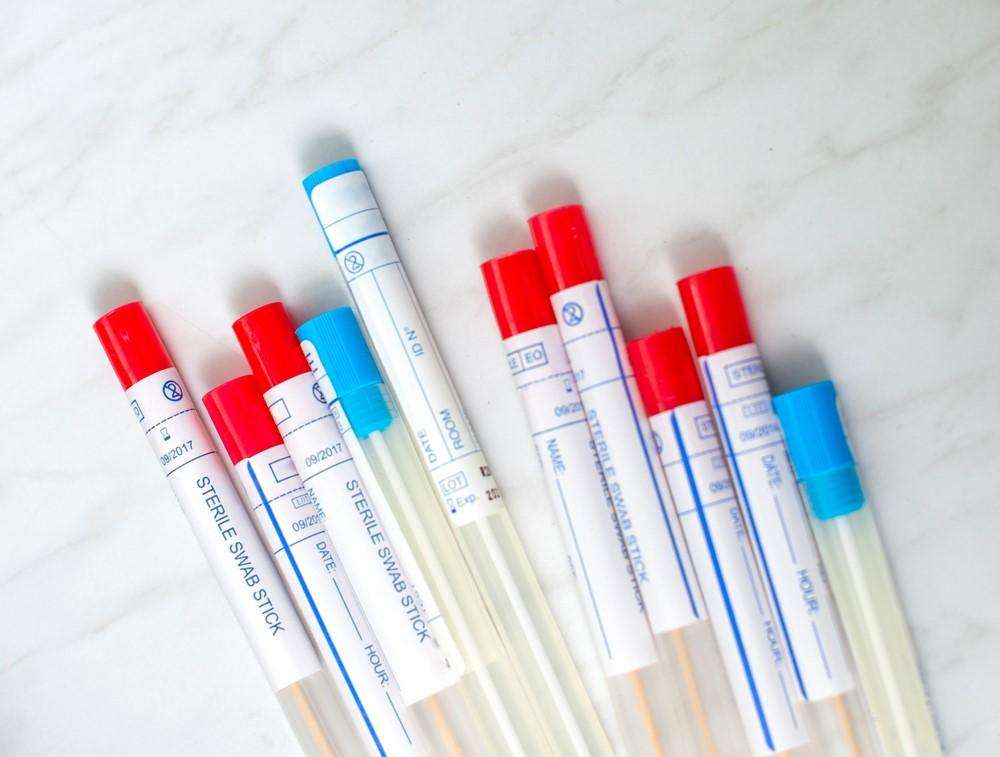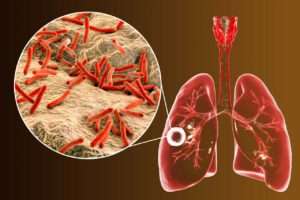Chlamydia trachomatis is one of the most common sexually transmitted diseases in the United States. According to the Centers for Disease Control and Prevention (CDC), nearly two million cases of chlamydia were reported in the U.S. The CDC estimates that the rate of chlamydia infection is much higher because there are usually no chlamydia symptoms in women. Therefore, many people do not know that they are infected. Learn more about the chlamydia test in this blog post.
Chlamydia Facts
Are you not sure if you need chlamydia testing in Astoria or Queens? These facts will help you determine if you are at risk for this STD.
Who Is Most At Risk For Chlamydia?
This STD is especially common among younger people. Nearly two-thirds of new chlamydia cases occur in youth aged 15 to 24. Sexually active women under the age of 25 are especially at risk for the disease. Other groups who should have a chlamydia test include:
- Men and women who have had multiple sex partners
- Pregnant women
- Anyone who currently has another sexually transmitted infection
- Anyone who does not use a condom during sexual intercourse
Causes of Chlamydia
This STD is transmitted through sexual contact with the vagina, penis, anus or mouth of an infected partner.
Symptoms of Chlamydia
Most people who have chlamydia have no symptoms at all. If symptoms are present, they include:
In Women
Here are the most common chlamydia symptoms in women:
- Vaginal discharge
- Painful sexual intercourse
- Pain when urinating
- Bleeding between periods
- Bleeding after sexual intercourse
In Men
Here are some of the chlamydia symptoms in men:
- Testicular pain
- Discharge from the penis
Chlamydia can infect the rectum, which can cause rectal pain and bleeding in both men and women. If you have any of the above symptoms, get a chlamydia test.
Complications Of Chlamydia
If you do not get treatment for chlamydia, this disease could cause serious complications, such as:
- Pelvic inflammatory disease PID (in women) – Pelvic inflammatory disease or PID is an infection of the uterus and Fallopian tubes. This infection causes fever, abdominal pain and severe pelvic pain. Severe PID infections can require hospitalization. PID can damage any part of the female reproductive system including Fallopian tubes, ovaries, and uterus, including the cervix. Chlamydia symptoms in women are very serious, which is why you should always address them.
- Infertility (in women) – Chlamydia can cause obstruction and scarring of the Fallopian tubes, which can result in infertility in women.
- Problems during pregnancy – Chlamydia can be passed from the mother to the child during childbirth. This can cause pneumonia, blindness, and other serious problems in the newborn. The STD can also cause premature births.
- Nongonococcal urethritis (in men and women) – Chlamydia can cause Nongonococcal urethritis, which is an infection of the urethra (the tube through which urine passes).
- Epididymitis (in men)- This is an infection of the tube (epididymis) that carries sperm away from the testes.
- Proctitis – An inflammation of the rectum.
When To See A Healthcare Provider For Chlamydia Testing
If you have any of the above symptoms, see a doctor right away. Also, see an Astoria Urgent Care healthcare provider if your partner reveals that they have chlamydia.
Chlamydia Testing
Chlamydia screening is pretty simple. There are two ways that a doctor may perform a chlamydia test.
- A urine test – Your urine is sent to a laboratory where technicians analyze it for the presence of chlamydia.
- A swab – For women, a doctor will test the discharge from your cervix for chlamydia. This can be done during your routine pap smear. For men, the doctor will insert a tiny swab into the end of your penis to get a sample from your urethra. The doctor may also swab your anus. This procedure is relatively painless.
Chlamydia Testing and Treatment In Astoria
Healthcare providers treat chlamydia with oral antibiotics — usually Azithromycin or a similar antibiotic. To prevent reinfection, both you and your sexual partner should receive treatment.
The infection should clear up within a couple of weeks with treatment. You must finish all the antibiotics. If the infection is severe or does not go away with treatment, you may need to receive intravenous antibiotics in the hospital.
After taking antibiotics, your doctor will want to retest you again— in about three months — to make sure the infection is gone.
A Visit at Statcare Urgent Care
You can either make an appointment from our website home page, call us or just walk in. We are open 365 days a year.
When you come into the clinic, register at the kiosk or fill out the required paper.
You will be web-enabled and the patient portal (Healow App) information will be emailed to you.
After your vitals are checked by the medical assistant, you will be asked to give a urine sample.
If you have symptoms or are concerned about Chlamydia, the provider will offer treatment. We will send the antibiotic (Azithromycin is first line, unless allergic) to the pharmacy of your choice. CDC recommends treatment for chlamydia and gonorrhea at the same time. We will also give you the Ceftriaxone (Rocephin) injection at our clinic.
You can either follow up with us or you can view your results on the patient portal.
Schedule an appointment for your chlamydia test today at our urgent care in Astoria.










